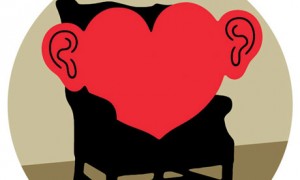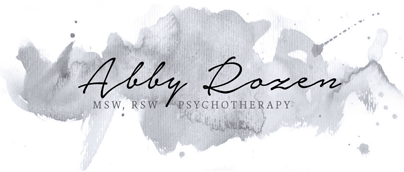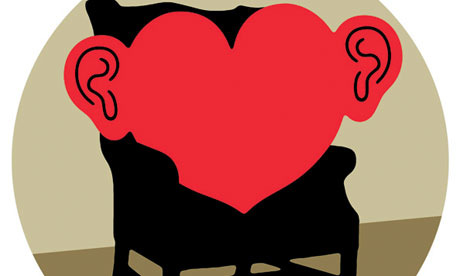For those of us struggling with an issue (or several) that stands in the way of our happiness, the decision to seek help can be incredibly empowering. And incredibly daunting.
Wether you’re brand new to therapy or starting up again after a break, finding the right therapist is a major part of your journey to recovery. Just as your situation is unique, no two therapists are the same and finding the person who can provide the help you need makes all the difference.
Here are few things to consider when you’re looking for Dr. Right:
1. What do you want to get out of therapy?
Before beginning your journey, ask yourself where you want it to take you. Don’t worry– you’re not expected to have a definitive answer before your first session, but having a clear idea of why you are looking for help right now can make the search easier.
Think about the issues you want to tackle. Do you want support for a short-term crisis, or treatment for an ongoing mental illness? Do you need new skills to manage something you have mostly under control, or guidance figuring out what it is exactly that just doesn’t feel right?
Narrowing down the kind of help you’re seeking makes it easier to narrow down the person who can provide it. Consider your answers to these questions– even if your answer is “I don’t know”– when finding out what a potential therapist offers.
2. Look for a partner, not a service provider
Though a therapist is a paid professional hired to perform a job, they do more than provide the information and tools you need to start your journey to recovery– they also come with you. As with all caregivers and healthcare providers, a therapist should be someone you can trust with your wellbeing. But unlike most physicians, dentists or pharmacists, a therapist builds a solid and often deep relationship in order to provide treatment.
Think about how you want this relationship to look. If you have worked with a therapist before, what worked for you and what didn’t? If this is your first experience, what kind of approach do you think would suit you best? Would someone relatable with a casual demeanour make you more comfortable than a mature and seasoned therapist? Do you prefer a more authoritative approach from someone who will share their knowledge or do you want a more collaborative process? Do you have a preference with regard to the gender identity of your therapist?
Remember: this is a relationship, so rather than looking for someone to hand over the solutions to all of your problems, find someone who can be your ally, confidant, advisor, guide, champion or partner.
3. It’s ok if it’s not the right fit
Think of finding a therapist as a bit like dating– you might hit it off right away, or you might have to go on a few dates to find “the one.” Though your relationship with your therapist is very different to relationships with family, friends and romantic partners, it’s just as (if not more so) important to feel comfortable, safe, valued and connected, and if you aren’t getting what you need, you should move on.
The relationship with your therapist depends entirely on trust, which takes time to build. As with dating, give the relationship a fair chance, but don’t feel obligated to stick it out with someone who isn’t the right fit. A therapists’ goal is to help you succeed and they should be able to recognize when their approach isn’t working for you or you aren’t feeling a connection.
Just because one therapist didn’t work out doesn’t mean that you failed therapy or your therapist failed you. What this means is you now have a better idea of what you do want and you’re one step closer to recovery.







Comments (2)
I like how you say that having a therapist is creating a relationship with them so you should find someone who can be your confidant and helper. Recently, I’ve been struggling with some self-worth issues, and it would be really nice to have a confidant who I could talk through about it. I should find a good therapist who will be engaged in creating a partnership with me.
http://thegoodtherapy.com/
I love the tips you have here for finding a therapist. It’s a good idea to find someone who cares about you, not just what you pay them. I’ve been having some problems, and having a partner through it would be nice. http://www.ctrfamilyguidance.com/treatment/traditional-treatment/therapy/